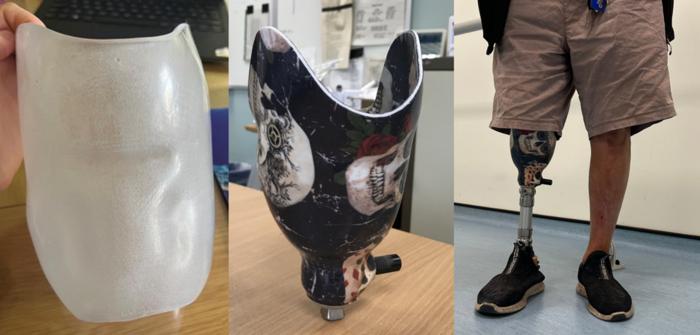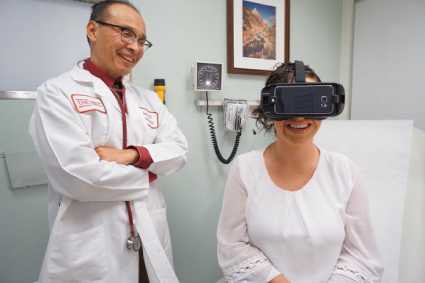Researchers at the University of Oxford have made progress in creating small, soft batteries for medical uses, such as heart defibrillation and pacing. Their findings were published in – Nature Chemical Engineering.
As technology advances, there’s a need for tiny power sources for smart devices that are less than a few cubic millimeters. These power sources should be made from soft materials and must be safe for the body, meaning they should be biocompatible and biodegradable. They also need to have features like high energy capacity, remote control, and the ability to activate on demand. So far, no battery has met all these criteria.
To tackle this challenge, Oxford researchers developed a small lithium-ion battery made from biocompatible hydrogel droplets. They used a method involving surfactants to connect three tiny droplets, each containing different lithium-ion particles that produce energy. The team has filed a patent for this technology and believes it could be particularly useful for small robots in medical applications, potentially transforming areas like clinical medicine.
- Press release – University of Oxford







